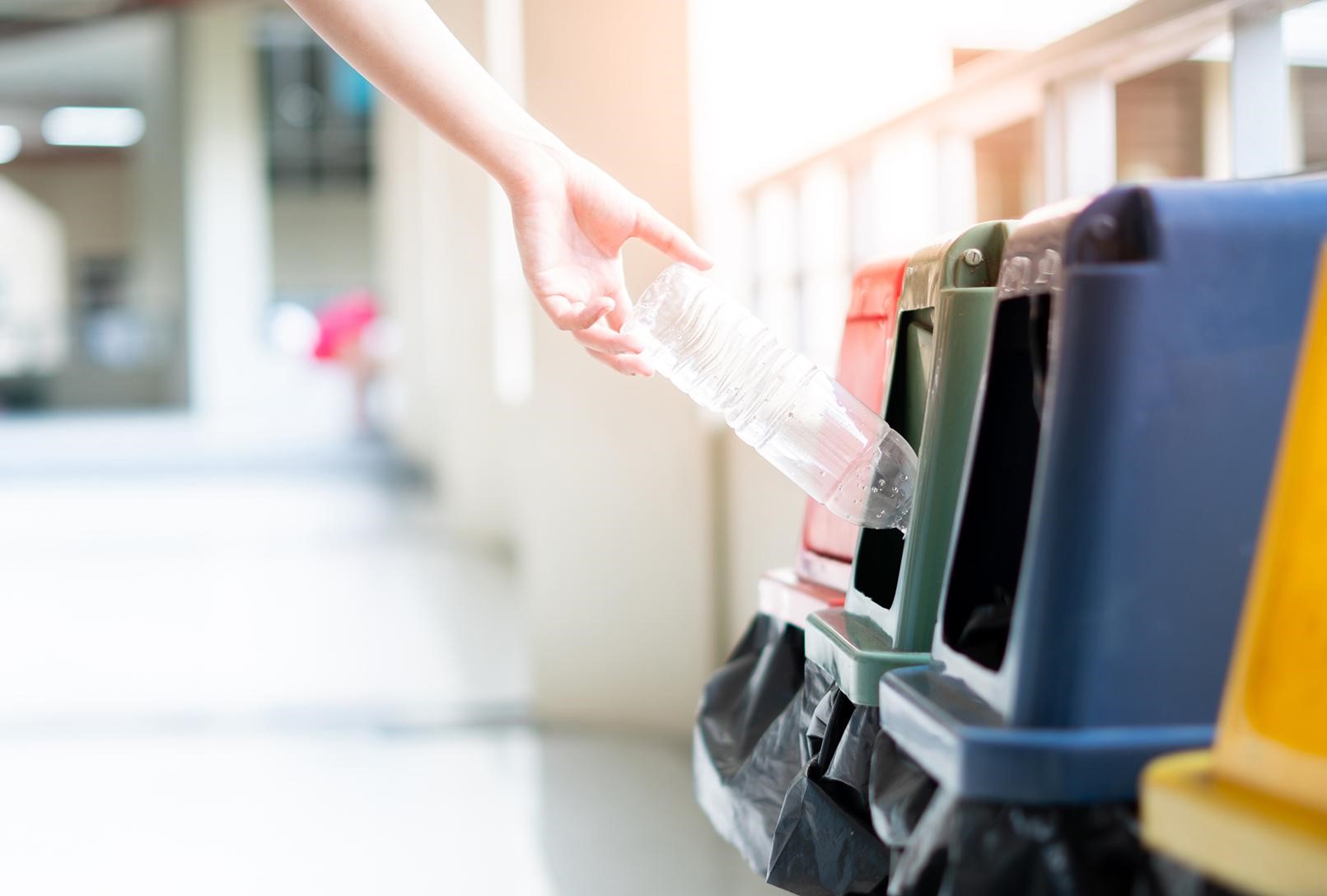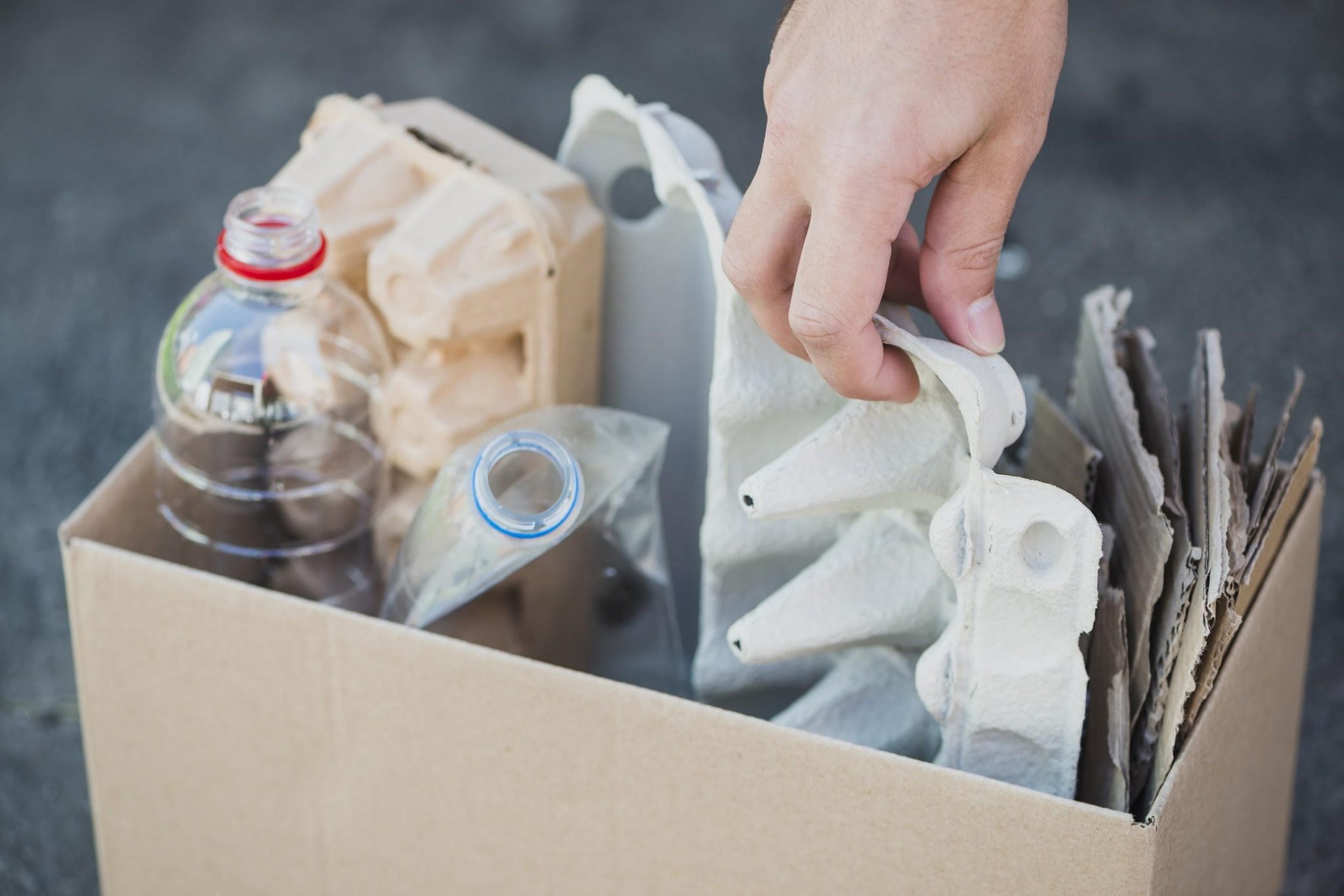
As you go on about your day to day activities and see your garbage collector cart your trash away, you may have briefly wondered what happens to the trash they have picked up.  You might question whether some of it will be recycled or if it’s just going to end up in a landfill, or worse: in the ocean.
You might question whether some of it will be recycled or if it’s just going to end up in a landfill, or worse: in the ocean.
If you want to know what happens, here are some common scenarios as to where your garbage goes after it leaves your house:
It goes to dumps or landfill sites to be buried
Unless you have chosen to live a life with zero-waste, you contribute to the growing problem of overfilled trash dumps and landfills. Dumps are open holes in the ground where your trash is buried and where pests such as rats and mice swarm around. On the other hand, landfills are structures designed to be built into or on top of the ground. Trash should be isolated from the surrounding environment, according to How Stuff Works. Unfortunately, this is not always the case.  Our trash continues to pile up in growing mountains of trash that has not been separated. It starts to mold and fill the air with a stench you can smell miles away. If a landfill is successfully managed, there is a good chance that soil can be added to it, and that it can become a hill or mountain with grass, bushes or trees on top. This is done to allow the trash to decompose faster, and to block the negative factors of an open trash dump. The issue is that in many countries the trash keeps piling up and there will never be enough space to leave the last trash dump behind and move on to the next one.
Our trash continues to pile up in growing mountains of trash that has not been separated. It starts to mold and fill the air with a stench you can smell miles away. If a landfill is successfully managed, there is a good chance that soil can be added to it, and that it can become a hill or mountain with grass, bushes or trees on top. This is done to allow the trash to decompose faster, and to block the negative factors of an open trash dump. The issue is that in many countries the trash keeps piling up and there will never be enough space to leave the last trash dump behind and move on to the next one.
It gets burnt or incinerated
There are some places where waste is sent to be incinerated for waste-to-energy plants while some localities without the luxury burn it in piles. In fact, Christine Wiedinmyer, an atmospheric scientist, found that at least 1.1 billion tons of waste, which is more than 40% of the world’s garbage, is burned in open piles. Trash burning actually produces a lot of carbon dioxide emissions.

The newer facilities do have the ability to incinerate trash at extremely high temperatures, while removing the majority of the pollutants before the exhaust fumes are released into the air. The problem however are that these cost hundreds of millions of dollars to set up. Currently at least 50% of waste is made up of carbon by mass. For these reasons, it can also be stated that it contributes to air pollution in many countries today.
It gets recycled
A lot of places have waste transfer stations where they accept and sort trash out. Recyclables and other materials go to recycling centers.

Moreover, nowadays, people are encouraged to recycle and reuse materials such as plastics to help with the environment. Much of our waste is caused by these materials that do not decompose easily. Because of them, landfills and trash dumps are overflowing, and even the sea is full of waste and endangering marine life. Thus, it is always better to know these tips on how to have effective recycling habits.
Following some of the beneficial actions you can take to reduce your trash output, there are different ways in which most people dispose of their garbage. Of course, there are also some people who do not follow the rules their cities set out for them and they dump it in places they shouldn’t. Some localities are exporting trash, but it is very difficult to deal with such large amounts of such a disgusting formation. There are many expensive ways to deal with our trash output so that certain plastics and other volatile compounds are not mixed with organic matter and left.
Millions of kilos of trash do not get disposed of properly and will remain on our earth for a long period of time. This has caused an alarming reminder to all of us that we should be responsible for our trash. So, remember the three R’s: Reduce, Reuse, and Recycle!





